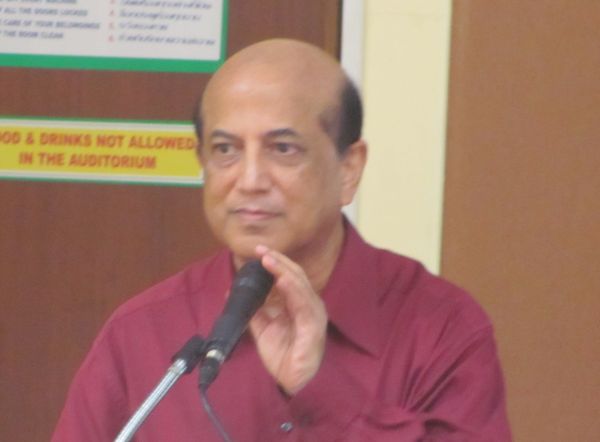Dr. Chowdhury, who is slated to take over as Vice Chairman of BRAC, stated that the ‘positive
deviance’ is reflected by health indicators. Female enrolment in
primary schooling has crossed 92 percent, which is higher than both
India (89.3) and Pakistan (69.8). Similarly the Infant Morality Rate
(IMR) is only 42, compared to India (48) and Pakistan (66), while the
Maternal Mortality Rate (MMR) is 194, which is less than India (230)
and Pakistan (260).
Changes have not occurred in every sector, and some sectors show a
stalemate, he added. Elaborating on the causative factors, he remarked
that three major effects of the Bangladesh War of Liberation of 1971
played a major role. According to Dr. Chowdhury, this included
“changing the societal attitude towards women, goodbye to
fundamentalist ideas, and constitutional obligations.” This was helped
with increased national commitment to national plans, increased reach
of the health sector, and public health miracles including family
planning, oral rehydration therapy and immunization. The immunization
rate in Bangladesh increased from 2 per cent in 1986 to 70 per cent
within five years, and this was described by UNICEF as a ‘near
miracle.’
Coupled with increased food production, access to basic education for
marginalization groups, and enhanced role of women in economic
activities, microfinance sector, health sector, education and politics
also played a significant role, Dr. Chowdhury said.
The seminar was organized by AIT Extension. Mr. Fazle Karim, Head,
Information Technology and Engineering, AIT Extension delivered the
welcome remarks and introduced Dr. Chowdhury.

